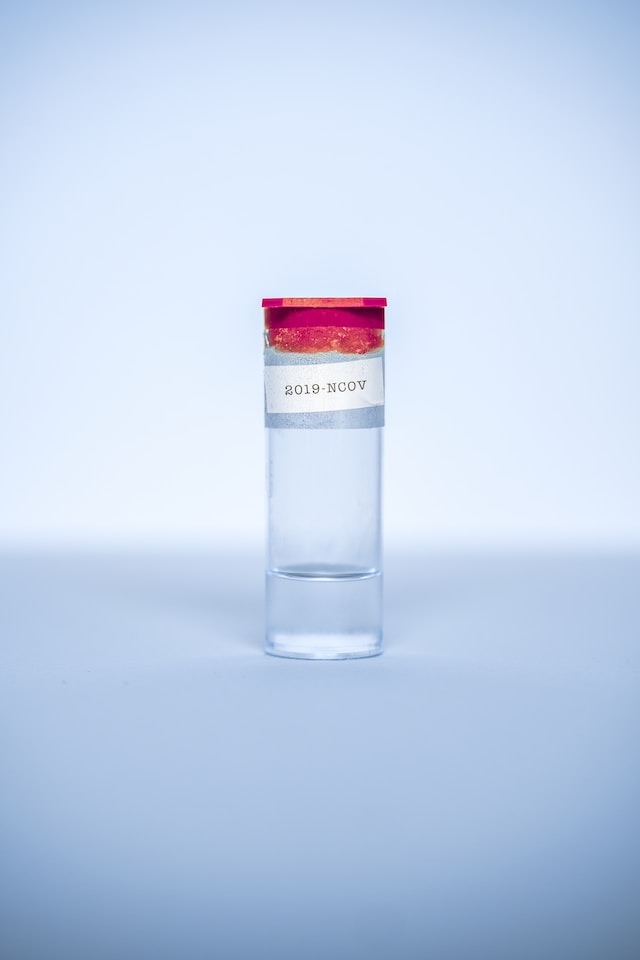As the Covid-19 pandemic continues to ravage the world, the story of its origins in China remains shrouded in mystery and controversy. Despite numerous investigations and reports, many questions remain unanswered about the early days of the outbreak in Wuhan.
One of the biggest issues surrounding the Covid-19 story in China is the government’s handling of the outbreak in its early stages. Reports suggest that Chinese officials downplayed the severity of the outbreak and suppressed information about its origins, leading to a delayed response from the international community and allowing the virus to spread unchecked.
One of the key figures in this story is Dr. Li Wenliang, a Chinese doctor who tried to warn his colleagues about the virus in its early stages. Dr. Li was reprimanded by Chinese authorities and accused of spreading rumors. He later contracted Covid-19 and died, becoming a symbol of the government’s mishandling of the outbreak.
Despite the government’s efforts to control the narrative, there have been numerous reports of human rights abuses and censorship related to the Covid-19 story in China. Journalists who have reported on the issue have been harassed and arrested, while citizens who have spoken out about the government’s handling of the outbreak have faced retaliation.
One example of this is the case of citizen journalist Zhang Zhan, who was arrested in May 2020 for reporting on the outbreak in Wuhan. Zhang was charged with “picking quarrels and provoking trouble,” a common charge used to silence dissent in China. She was later sentenced to four years in prison, sparking outrage from human rights groups.
Another issue surrounding the Covid-19 story in China is the country’s relationship with the World Health Organization (WHO). The WHO has been criticized for its handling of the outbreak, with some accusing the organization of being too deferential to the Chinese government. The WHO’s initial response to the outbreak was also criticized for being slow and inadequate.
Despite these criticisms, the WHO has maintained that it has been transparent and impartial in its response to the Covid-19 pandemic. The organization has also praised China for its handling of the outbreak, stating that the country’s aggressive response helped to contain the spread of the virus.
As the world continues to grapple with the Covid-19 pandemic, the story of its origins in China remains a subject of intense scrutiny and debate. While there is still much we do not know about the early days of the outbreak in Wuhan, it is clear that the government’s handling of the crisis has raised serious concerns about transparency, censorship, and human rights.
As journalists, it is our responsibility to report on this issue accurately and impartially, while upholding the principles of free speech and transparency that are essential to a democratic society. We must hold governments accountable for their actions, especially in times of crisis, and strive to provide the public with the information they need to make informed decisions.
In conclusion, the Covid-19 story in China is a complex and multifaceted issue that requires careful attention and investigation. While there is still much we do not know about the origins of the virus, it is clear that the government’s handling of the outbreak has raised serious questions about transparency and human rights. As journalists, we must continue to shine a light on this important issue and hold those in power accountable for their actions.










